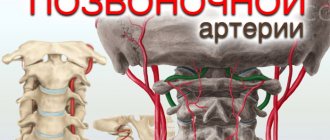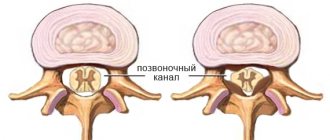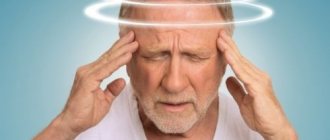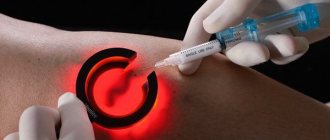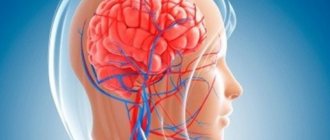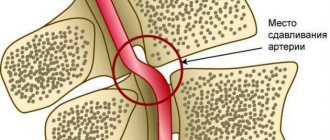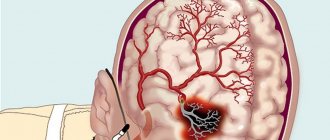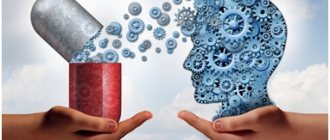Take care of testosterone from a young age
A man’s normal hormonal levels are the key not only to his “intimate” activity, but also to his personal effectiveness and level of motivation. At the same time, such trivial reasons as prolonged stress, alcohol intake and elevated blood sugar levels can significantly undermine men's health. And the first signs of violations are almost invisible.
Decisive atom
According to modern data, every minute up to 11 million testosterone molecules are produced in the body of a healthy man, each of which can potentially become estradiol.
We are talking about the addition of a hydrogen atom to the testosterone molecule, this process itself is called aromatization, and the enzyme responsible for it is aromatase.
The normal content of female hormones in a man ensures the “health” of a number of organs and systems (bones, blood vessels and even neurogenesis). But, if there are too many such “transformations”, the man begins to “resemble” a woman. Moreover, both from the point of view of physiology (hair growth, voice timbre, fat distribution, and so on) and psyche (mood lability, moodiness, tearfulness).
There are many factors that can provoke this process in the modern world. Here we will look at just a few of them.
Stress
Recent studies have shown that stress caused, for example, by financial problems provokes a decrease in testosterone by 10-20%. And a return to normality occurs only when a positive result is achieved in the troubling issue.
Alcohol and excess weight
US researchers demonstrated in an experiment that a man only needs 3 months of alcohol abuse combined with a gain of 20 kg of weight for his secondary sexual characteristics to begin to feminize.
This is due both to the “estrogenic” influence of alcohol itself and the ability to “produce” female hormones in adipose tissue.
So both alcohol and excess weight are a serious risk of losing your masculine appearance.
Nutrition
One of the most powerful “competitors” of testosterone is insulin. Its release occurs after eating and, normally, quickly returns to its original “position”. However, an excess amount of sugar or easily digestible carbohydrates also requires an increase in insulin concentration.
Under such conditions, testosterone “has no choice” but to wait until insulin “calms down” and returns to normal. And the level of “male” hormone in the blood systematically decreases.
Don’t forget about phytoestrogens, which are present in significant quantities in soy and, oddly enough, in fatty milks.
By the way, men should be careful with the consumption of grapefruits - they increase the level of aromatase in the blood and the risk of “reincarnation” of testosterone into estrogen.
Condition of the heart and blood vessels
Surprisingly, a man's potency has a direct connection with blood pressure and heart rate.
Scientists have proven that an increase in heart rate above 80 beats per minute entails a decrease in testosterone levels. The same applies to the condition of blood vessels.
High blood pressure and pathologies of the coronary (heart) vessels literally “block” the production of testosterone.
Both mechanisms are strictly compensatory in nature and “turn on” when it is necessary to stop the tonic effect of the hormone on the heart and blood vessels.
Thyroid
A lack of thyroid hormones (hypothyroidism) is directly related to a decrease in testosterone.
And among other things, the thyroid gland has a large-scale effect on metabolic and anabolic processes throughout the body. So thyroid control matters far beyond just testosterone.
Warning signs
Hormonally healthy men are associated with high activity. Mental, physical and sexual. And the first “bell” of testosterone decline is often apathy.
Noteworthy is a decrease in libido and potency disorders, mood instability and moodiness, which are outwardly similar to “female” premenstrual syndrome.
With a significant decrease in the hormone, female-type obesity begins - adipose tissue is formed in the waist, hips and abdomen. And the timbre of the voice becomes “softer”.
Diagnostics
Testosterone, like many other hormones, is “under the control” of the pituitary gland. This influence is realized according to the feedback principle, when a decrease in testosterone provokes an increase in LH of the pituitary gland, and vice versa. For this reason, it is more appropriate to assess hormonal balance in a comprehensive manner.
The concentration of the hormone in the blood is also influenced by SHBG, a globulin that binds sex hormones. This protein is produced by the liver and serves as a carrier of testosterone to target organs and tissues. In this case, “during delivery” testosterone becomes bound and cannot exert its biological effects. And excess SHBG in the blood can cause symptomatic testosterone deficiency, when its production is normal.
Thus, to diagnose male hormonal balance, it is necessary to evaluate at least three indicators:
- LG,
- free fraction of testosterone,
- SHBG.
To this list, the endocrinologist can add pituitary prolactin, which is often the cause of decreased testosterone, and TSH, to assess the functioning of the thyroid gland.
In the KDL laboratory departments, the listed indicators can be taken either separately or in the convenient format of the “Hormonal Profile for Men” complex. Tests are also open for taking at home.

